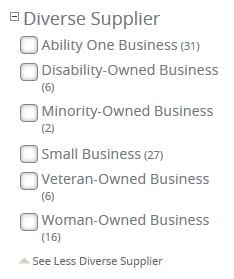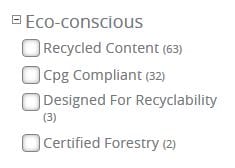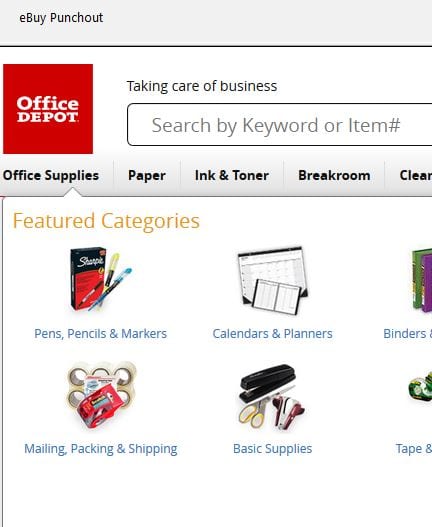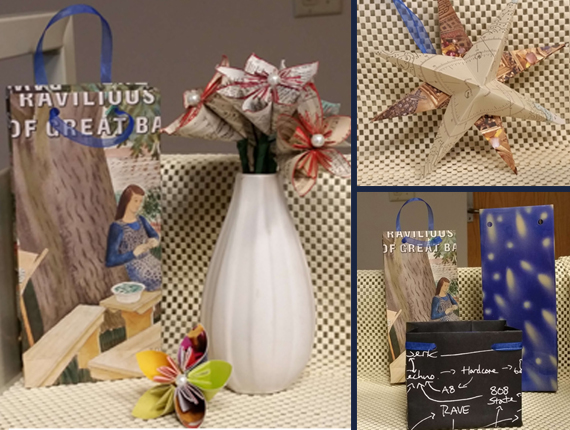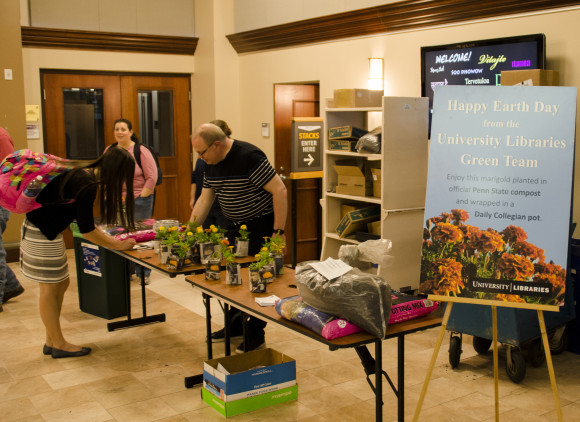By: Nicole Schwindenhammer
As we enter the summer season, it is a great time to think about ways to reduce/reuse water. Luckily here in Pennsylvania, we don’t normally have to worry about a shortage in water like in
some states, but that doesn’t mean we shouldn’t take steps to help our planet by reducing our water footprint. There are several ways we can reduce and reuse water in the workplace and
also at home.
In the workplace:
• At meetings or office functions, offer people water from a water cooler rather than individual plastic water bottles. Many times people don’t finish the water and then you’re left with a bunch of half full water bottles. It’s also better for the environment to not have all those plastic water bottles, especially if they are not being recycled.
• Any office plants can be watered by using leftover drinking water.
• Report any leaky faucets or running toilets.
• According to the Penn State Sustainability Institute, when washing your hands, use temperate water, not hot. Using temperate water saves energy and your time waiting for the water to heat
up.
At home:
• Being mindful when getting a shower, brushing your teeth, washing your hands, etc. Limit the amount of water you use with everyday things.
• When you’re waiting for the right temperature before getting into the shower, you could always put a bucket in the tub to collect the water. That water can be used for indoor plants, a
garden and even the lawn.
• You can also use recycled water for your indoor plants from the water you used to wash off your fruits and vegetables. Just place a large pot or bowl under the faucet when your washing off your fruits and veggies.
• Try not to ignore a leaky faucet. Depending on the leak, you could waste over 100 gallons of water in just one week. A running toilet can be even worse in water waste with hundreds of gallons lost in a week.
These are just a few examples of how to reduce and reuse water in the workplace and at home. Feel free to come up with your own ways and share them with others. The spring and summer months are a great time to get out and enjoy all of what Mother Nature has to offer but don’t forget to do your part. Let’s work together to keep our planet beautiful by reducing our water
footprint.



